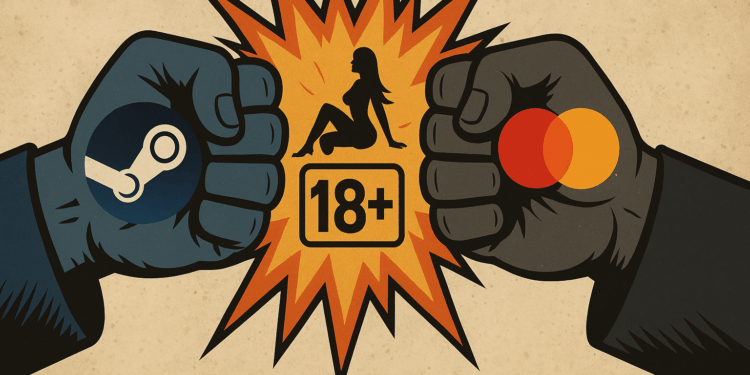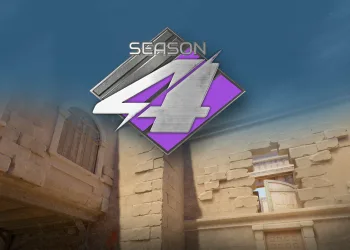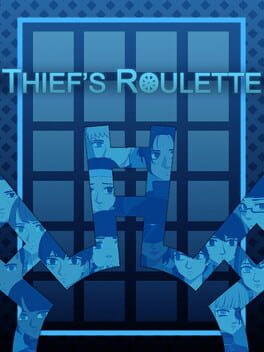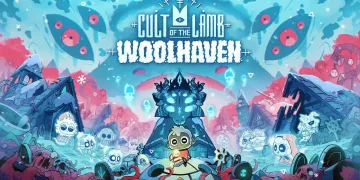Valve and MasterCard are currently in a disagreement after many adult games were removed from Steam. The issue centers on MasterCard’s policies regarding transactions related to illegal or brand-damaging content, which payment processors enforce.
MasterCard denies directly restricting any activity on gaming platforms but says its merchants can block unlawful content. They stated, “Mastercard has not evaluated any game or required restrictions of any activity on game creator sites and platforms, contrary to media reports and allegations.” They emphasize that their network allows lawful purchases but requires merchants to prevent unlawful ones, including illegal adult content. You can read their full statement here.
Valve Unsuccessfully Tried To Communicate With MasterCard
The crackdown began after Collective Shout, a campaign against the objectification of women and sexualization of girls, pushed for action. They gathered a petition with 70,000 signatures to remove the game “No Mercy,” which simulated rape, from Steam. Following that, they found nearly 500 other games depicting disturbing content like rape, incest, sexual torture, and child abuse. Collective Shout credits their campaign with Steam’s new rules and removal of hundreds of such games.
“because of our campaign, Steam has introduced a new rule to their policies and removed hundreds of rape and incest games.” – Collective Shout
Valve says they tried to speak directly with MasterCard about the adult game rules before removing the games, but were unsuccessful. Instead, the discussions happened through payment processors and acquiring banks. Valve explained Steam’s policy since 2018 to distribute only legally allowed games, but payment processors rejected this, citing MasterCard’s Rule 5.12.7 about risks to the MasterCard brand.
This wave of content review isn’t limited to Steam. Another major digital platform, Itch.io, is also re-indexing adult NSFW content. They are in talks with payment processors and plan to slowly reintroduce paid content to support a wide range of creators over time.
So, what does this mean for adult games on digital platforms? The tension between payment rules and content creators is clear. Maybe this will lead to clearer policies or more dialogue between companies. Yikes, it’s a tricky spot to be in.

























